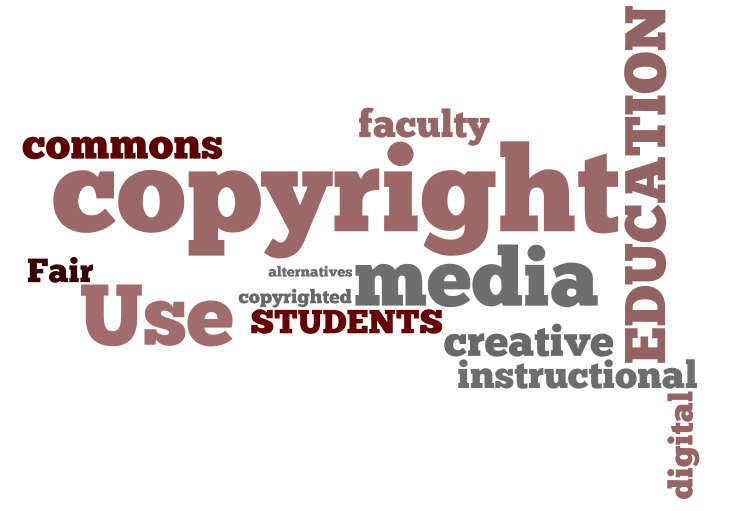Bad never looked so good

The International Intellectual Property Alliance unveiled the new report today in association with the Congressional International Anti-Piracy Caucus at an event in Washington, DC. The report doesn't even try to quantify losses to piracy anymore—last year, an official US government report concluded that such estimates were all deeply unreliable. Instead, it simply asserts without evidence that "piracy inhibits… growth in the US and around the world."
"Inhibits growth" doesn't quite equal "causes staggering job losses," the traditional anti-piracy rallying cry. Indeed, copyright industries are being "hard hit" by piracy in the way that plenty of other US industries are desperate to get "hit." (In this sense, the report is bit like the MPAA's routine announcements of record-setting box office revenues even as the movie studios conjure visions of apocalypse.)
During the recession of the last few years, the report shows that copyright-based businesses have far exceeded the US economy as a whole.
Fair Use
Fair use is a copyright principle based on the belief that the public is entitled to freely use portions of copyrighted materials for purposes of commentary and criticism. For example, if you wish to criticize a novelist, you should have the freedom to quote a portion of the novelist’s work without asking permission. Absent this freedom, copyright owners could stifle any negative comments about their work
http://www.newswise.com/articles/economists-say-copyright-and-patent-laws-are-killing-innovation-hurting-economy
Fair Use
Uses That Are Generally Fair Uses
Subject to some general limitations discussed later in this article, the following types of uses are usually deemed fair uses:
Criticism and comment -- for example, quoting or excerpting a work in a review or criticism for purposes of illustration or comment.
News reporting -- for example, summarizing an address or article, with brief quotations, in a news report.
Research and scholarship -- for example, quoting a short passage in a scholarly, scientific, or technical work for illustration or clarification of the author's observations.
Nonprofit educational uses -- for example, photocopying of limited portions of written works by teachers for classroom use.
Parody -- that is, a work that ridicules another, usually well-known, work by imitating it in a comic way.
Copyright
Fox News Sued For Copyright Infringement; Complaint Mocks Murdoch's Comments On 'Stealing' Content
from the gonna-come-back-to-bite-you dept
It's always funny how those organizations that seem to be against the concept of fair use have it come back to bite them. You may remember, a few months ago, as part of his campaign against "aggregator" sites that "steal" from him, Murdoch commented that fair use would likely be barred in the courts if properly challenged, suggesting he didn't believe in fair use at all. We already noted the irony of this, given how many different aggregator sites Murdoch owns as part of News Corp. Now those statements may also be causing a bit of a problem in court as well.
A bunch of folks have been sending in the news that a former advisor to Michael Jackson who apparently holds the copyright on certain interview footage is suing Fox News over airing parts of the interview recently. In response Fox has claimed "fair use," over the use in a news program -- and I actually agree that it seems like a case of fair use -- but the copyright holder actually uses Murdoch's words against him:
The filing chides Murdoch, who has threatened to sue the British Broadcasting Corp. and others for copyright infringement because he claims they are stealing content from his company's newspapers.
"Fox sanctimoniously operates unencumbered by the very copyright restrictions it seeks to impose on its competitors," the lawsuit states.
Once again, it appears that a copyright holder doesn't believe in fair use for others, but only for themselves.
Reference: http://www.techdirt.com/articles/20100108/1446417680.shtml
Reference: Uses That Are Generally Fair Uses
Subject to some general limitations discussed later in this article, the following types of uses are usually deemed fair uses:
Criticism and comment -- for example, quoting or excerpting a work in a review or criticism for purposes of illustration or comment.
News reporting -- for example, summarizing an address or article, with brief quotations, in a news report.
Research and scholarship -- for example, quoting a short passage in a scholarly, scientific, or technical work for illustration or clarification of the author's observations.
Nonprofit educational uses -- for example, photocopying of limited portions of written works by teachers for classroom use.
Parody -- that is, a work that ridicules another, usually well-known, work by imitating it in a comic way.
Reference:
http://fairuse.stanford.edu/Copyright_and_Fair_Use_Overview/chapter9/
http://arstechnica.com/tech-policy/news/2011/11/piracy-problems-us-copyright-industries-show-terrific-health.ars
ไม่มีความคิดเห็น:
แสดงความคิดเห็น